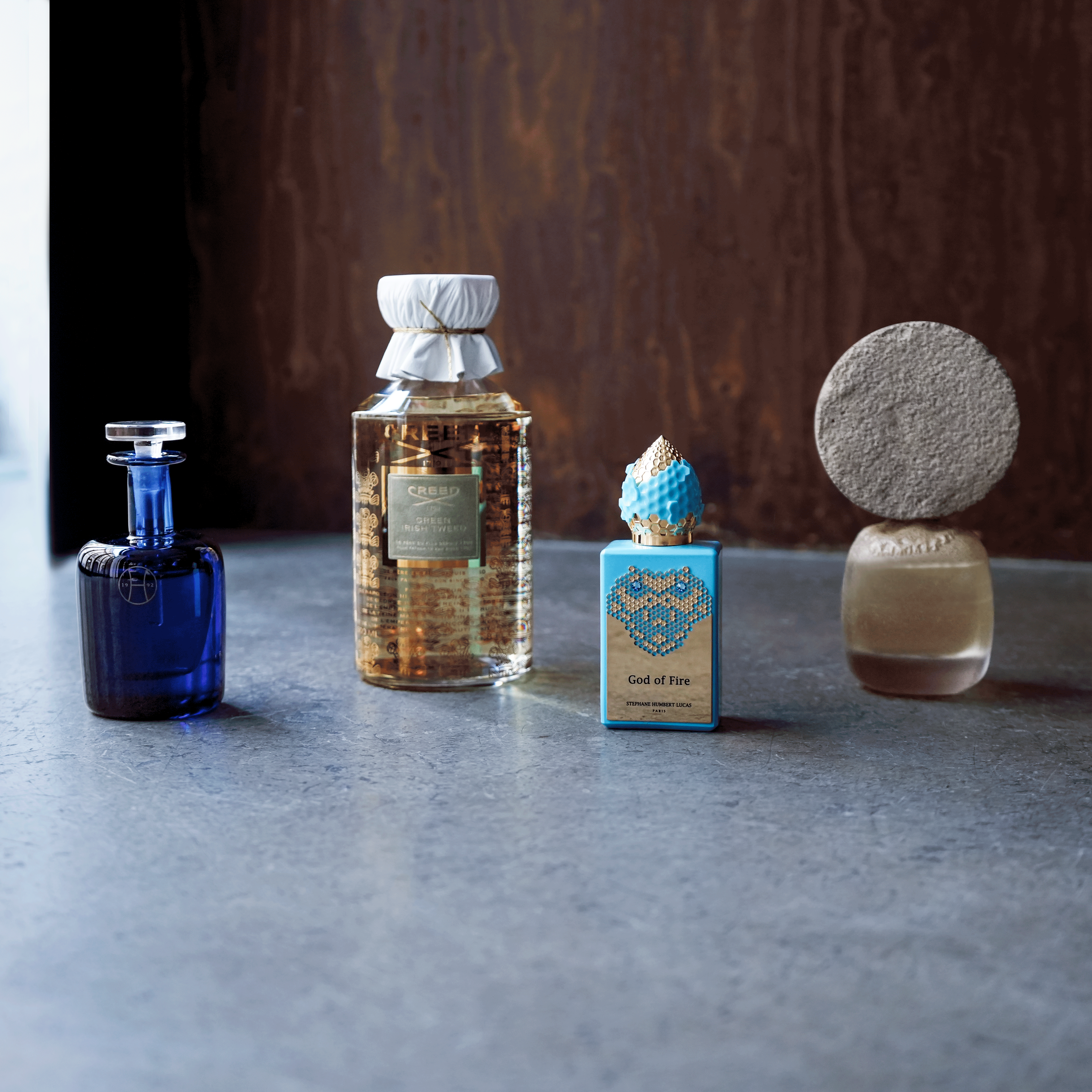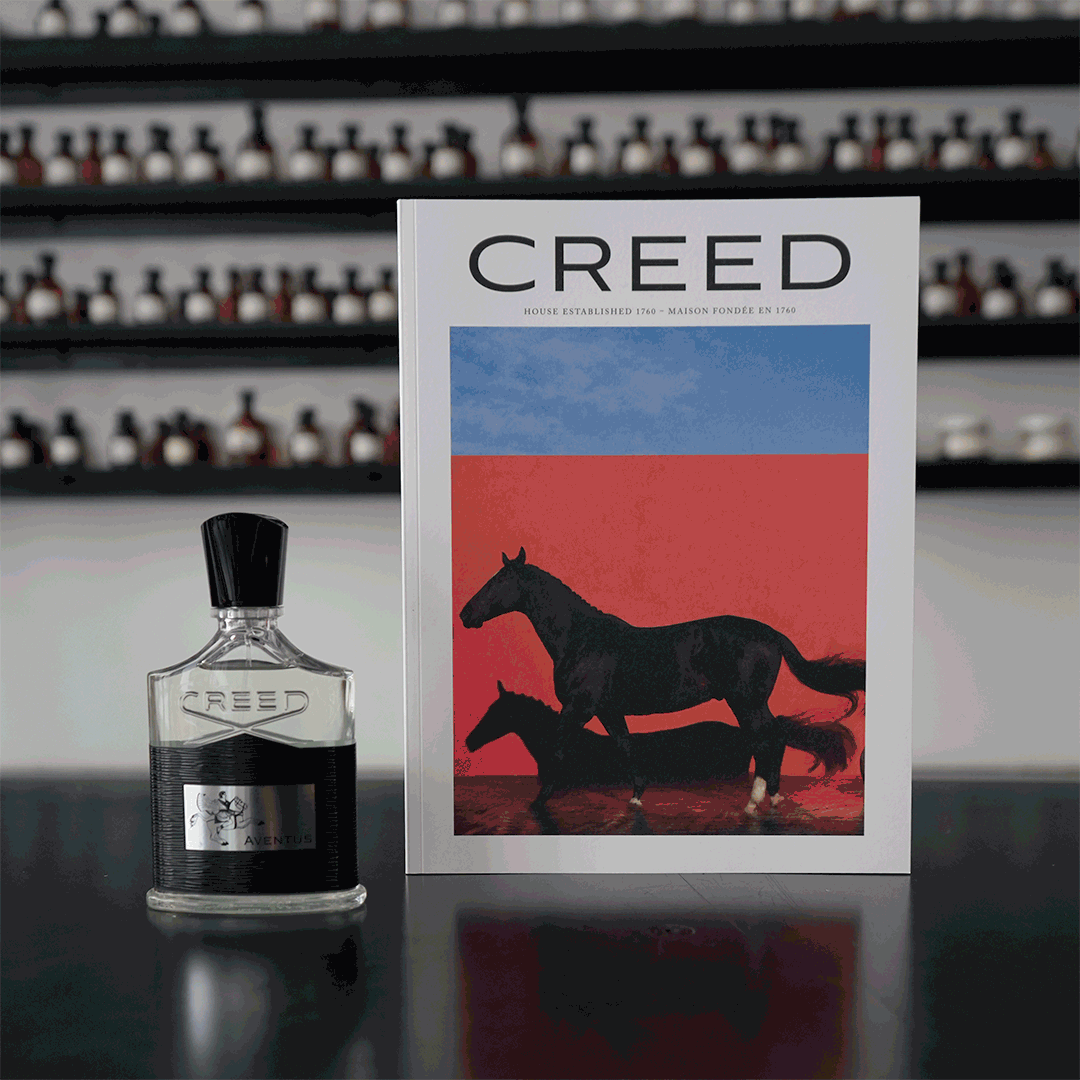
the largest multi-brand beauty store in France
+800 fragrances from +80 brands including :
recommended in more +60 city guide
You have a question? Please consult the Frequent Asqued Questions (FAQ).
If you don't find your answer, please contact us:
by email: info@noseparis.com
by phone: +33 1 86 47 72 76
Nose ship perfume by international airfreight and by La Poste for the services Colissimo Expert and Chronopost Classic to more than 75 countries.
To know more, please consult the Frequent Asked Questions (FAQ)
To know more about returns and refunds, please consult Terms and Conditions of Sales, section 6 Right to and period of withdrawal.
Nose предлагает ольфакторную диагностику, в ходе которой вам будет рекомендовано 5 ароматов из 500, отобранных Nose.
Провести диагностикуNose предлагает ольфакторную диагностику, в ходе которой вам будет рекомендовано 5 ароматов из 500, отобранных Nose.
Провести диагностикуFor years, we’ve had to dutifully listen to intonations that sweat is bad; it’s shameful; you must not let anyone see you sweat, it’s a sign of weakness, so it must be eliminated. Many products use advertising designed to make you feel that there’s something wrong with you. Sweat isn’t wrong. It’s your body’s natural way of detoxing and cooling off. Antiperspirants use aluminum compounds that unnaturally clog your pores and lock in sweat – completely defeating the purpose for sweating in the first place.
Even though we typically only associate sweat with exercise, there are a few other reasons behind it. Sweating occurs when the body undergoes physiological changes, such as: anxiety, fever, hormonal changes – particularly menopause, experiencing a medical condition that causes excessive sweating, known as hyperhidrosis, low blood sugar, nervous system and thyroid disorders
In fact, when the body experiences a lack of sweat (referred to as anhidrosis), typically when one has a nerve disorder or experiencing dehydration, it’s considered dangerous because it means your system is at risk for overheating.
As you can see here, sweating is a completely normal response. However, the body product industry has always been in the business of convincing you that you have a problem, and was then quick to offer you an unhealthy solution.
Stress sweat is an evolutionary reaction to ward off predators. If your skin is highly acidic, you're less tasty.
Sweat itself has no smell. The underarm odor comes from bacteria feeding off the fats and proteins in your sweat. Deodorants use bacteria-fighting ingredients to fend off odor. Other factors that promote bad body smells are stress, diet (sugars, spices, and proteins), and wearing synthetic fabrics – these fibers aren’t as breathable as cotton so it traps moisture and creates an optimal environment for bacterial growth.
Now, there’s sweat, and there’s stress sweat. There’s a difference. Normal perspiration is your body’s way of regulating temperature and is produced by the eccrine glands located throughout your body. They excrete sweat that is clear and thin, like water. There’s not much in it for bacteria to feast on.
However, when you experience stress (or sexual arousal), a separate set of sweat glands called apocrine glands, mostly found under your arms, produces a thicker, oily sweat that contains more of the fats and proteins bacteria love to eat. The classic scent of body odor – which we attempt to cover up with deodorant – is essentially the output created by that particular bacteria. Stress sweat is an evolutionary reaction to ward off predators. If your skin is highly acidic, you’re less tasty. Also, the smell may be designed to signal danger to others. Of course, in our modern world, our fight-or-flight response tends to be triggered by non-life-threatening stressors at home or work, sometimes all day long, every day. Every email, text, or Instagram notification on your phone could be subtly spiking your cortisol level, keeping you in a perpetual state of fight-or-flight and, consequently, producing stinky stress sweat.
Sweat itself is colorless. Although fats secreted in your sweat may cause some staining on your clothes, the number one amplifier of yellow staining is the chemical reaction between the aluminum in antiperspirants and the proteins in your sweat.
Corpus formulated an effective product devoid of potentially harmful ingredients. We use plant and mineral-based ingredients to neutralize odors, and destroy bacteria.
Corpus has refined and redesigned what a natural formula can be. The result are products that go above and beyond what you may have come to expect from "natural".

the largest multi-brand beauty store in France
+800 fragrances from +80 brands including :
recommended in more +60 city guide

+ 800 fragrances from +80 niche brands
but also home & cosmetics.
100% authentic products & official reseller

official French price for :
Creed, Maison Francis Kurkdjian, Kilian,
Marc Antoine Barrois…
VAT free for non European country

free express airplane delivery with DHL above
€167
all informations available here.

+200 gifts offered with purchase by over 50 brands!
Creed, Maison Francis Kurkdjian, Kilian, Diptyque,
Éditions de Parfums Frédéric Malle & much more
to discover here.